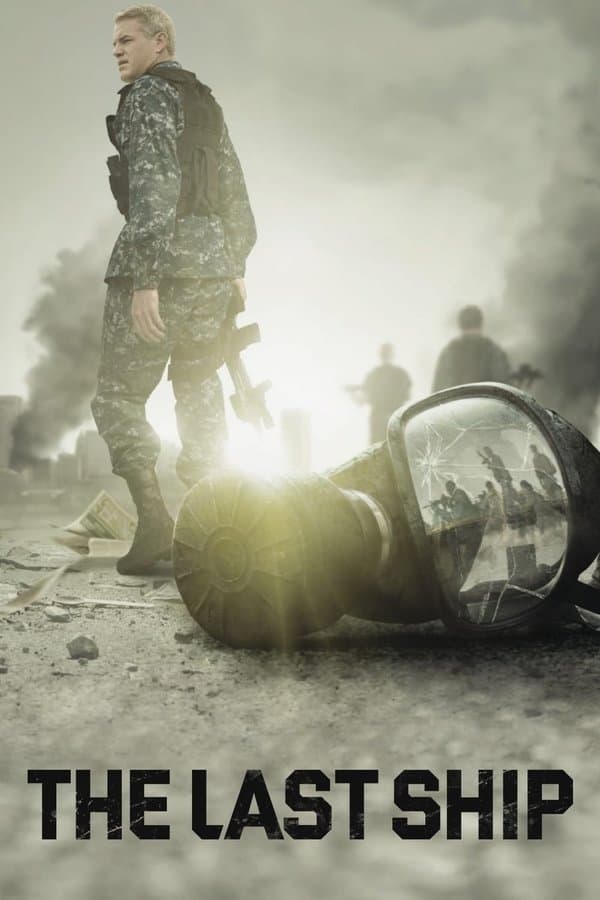
The Last Ship
2014 • Action & Adventure, Drama, Sci-Fi & Fantasy • TV-14
Their mission is simple: Find a cure. Stop the virus. Save the world. When a global pandemic wipes out eighty percent of the planet's population, the crew of a lone naval destroyer must find a way to pull humanity from the brink of extinction.
Why you should read the novel
William Brinkley’s novel The Last Ship delves deeply into the psychological and moral complexities faced by the crew aboard the USS Nathan James after a nuclear holocaust devastates the planet. Unlike the fast-paced, action-heavy format of the TV series, the novel immerses readers in a slow-burning narrative that captures the isolation and ethical dilemmas of the few remaining survivors of humanity. Through Brinkley’s exquisite prose, readers are invited to explore broader questions of leadership, hope, and humanity in a world irrevocably changed by disaster.
Choosing to read the novel offers a more introspective and contemplative experience. Brinkley crafts distinct and layered characters whose personal struggles and interactions are at the forefront of the story, providing a depth and realism that is hard to achieve on screen. The book’s focus on existential questions and the burden of responsibility makes it a profound commentary on what it means to rebuild civilization from the ashes.
Fans of post-apocalyptic fiction will find The Last Ship a rewarding and thought-provoking read. The novel’s vivid maritime setting, beautifully detailed naval routines, and deeply emotional journeys set it apart from more conventional thrillers. For those seeking a narrative that lingers long after the last page, this book is an essential addition to your reading list.
Adaptation differences
One of the most striking differences between William Brinkley’s novel and the TV series is the nature of the apocalypse. The book’s cataclysm is a global nuclear war that leaves the crew aware they may be the last remnants of humanity, emphasizing existential dread and profound isolation. In contrast, the TV show pivots to a viral pandemic as the catalyst for civilization’s collapse, shifting the stakes towards a global race to find a cure rather than mere survival.
Characterization also diverges significantly between the two. In Brinkley’s novel, the focus remains on the unnamed captain (as narrator) and the deeply personal, introspective arcs of individual crew members. The TV series introduces entirely new characters, including Captain Tom Chandler, and focuses more on action, external threats, and larger-than-life heroics, often sidelining the introspection and philosophical musings of the original work.
Plot structure and pacing are radically different. The novel adopts a slow, almost meditative pace, immersing readers in the monotony and ritual of life at sea, and the slow erosion of hope. Meanwhile, the TV series is episodic and fast-paced, heavy on tactical action, enemy encounters, and dramatic showdowns, designed to sustain viewer attention over multiple seasons.
Finally, the central themes differ: Brinkley’s book is a reflection on loss, duty, and the remnants of civilization; it poses difficult moral questions about leadership and the future of humanity. The TV series, however, prioritizes action, teamwork, and the tangible goal of saving the world, giving audiences an optimistic, hero-driven story with clear antagonists and a more defined sense of purpose.
The Last Ship inspired from
The Last Ship
by William Brinkley